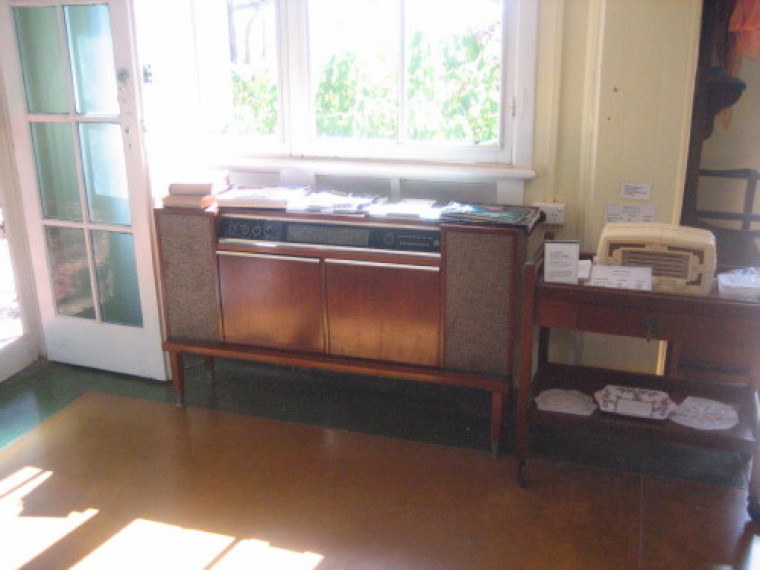
Mora noted that our society is computer-driven, so it behoves all citizens to make sure they are informed about processes to protect their property and their privacy. There is plenty of good advice, that is easily understood by the non-technical person, from the pamphlet that comes with your credit card to online discussion forums.
Corporations, Utility organisations and Government bodies of all types have a greater duty of care, and resources to employ those who DO understand the technical issues, to ensure that their computer systems are expertly monitored for any small changes or glitches at all times, and any perceived problems rectified immediately.
http://www.smh.com.au/opinion/society-and-culture/hackers-create-a-web-of-fear-and-terror-as-excrement-hits-home-20100529-wmbi.html
One example was given in this article of a hacker named Vitek Boden who unleashed up to a million litres of raw sewage in Queensland in 2000. He had used a stolen computer and a wireless connection to hack into the system's computers. Many similar situations have either been executed, or detected before they caused any harm, in many countries in the past 10 years.
Well-Being Australia chairman, Mark Tronson, says that as well as dangers to macro infrastructure items, about which we just have to trust the organisations that control them because we can't do anything about it, there is a list of 'micro' items that can be hacked that could affect our personal lives and privacy, that we can and should be vigilant about.
We don't need to be told the list – we all know how much the online databases affect our everyday lives, and what happens for example if a computer is 'down' and we can't pay our car registration at the last minute, or get cash from an ATM because we were a bit lazy and left that until the last minute, too. We all do it. We all know about it.
But what if it wasn't just a computer going 'down' that inconvenienced us for a few hours or a day, but some situation where a hacker had destroyed some of our records, or 'stolen' some of our identity, such as a PIN or a bank account password?
What is different in the computer-controlled society is this can now happen across the board with a very clever and highly skilled 'hacker'; and it can happen in an instant.
The public and private sectors are hard at work to keep one step ahead of those wanting to engage in such evil acts at both the macro (infrastructure computer security) and micro levels (PC security).
But then, like all criminals who are looking for ill-gotten gains, these hackers, too, are busily keeping one step ahead in keeping their own sites secure from other hackers. It's a jungle out there!
"Christian Church groups are also concerned about personal security," says M V Tronson. "Missions are particularly vulnerable, especially in areas around the world where their evangelistic activities, though not overtly political, can lead to persecution."
In some jurisdictions, the common people only start to change their world view about how justice and human rights when they read the New Testament for the first time. This is seen as a threat by some regimes.
Every day on the Christian media wire are stories from the second and third world where followers of Jesus are falsely implicated and much of this information could have only come from someone hacking into personal data, and then spreading false rumours or changing the data. The daily television news shows that even the most isolated and illiterate areas have access to satellite computerisation.
The entire world is being faced with security measures to ensure that who you say you are, is actually you. M V Tronson said that recently he was engaged in prison ministry where a process of compuertised 'eye recognition' allowed you into and out of the prison.
And anyone who has entered the United States in the past few years knows that fingerprints and eye scans are taken and checked against the database that they already have, that identifies you as you.
Perhaps we are getting to a situation as revealed in The Revelation, the last book of the Bible, where it is explained that measures are put in place to establish identity with an identity mark on one's forehead.
Perhaps we have this God-given identity already – we are all unique in our 'biological markers' such as the patterns in our iris, our fingerprints, and ultimately our DNA. Perhaps we need to be vigilant that we use it to protect ourselves, and not let totalitarian regimes or criminal individuals use it as a means of oppression.